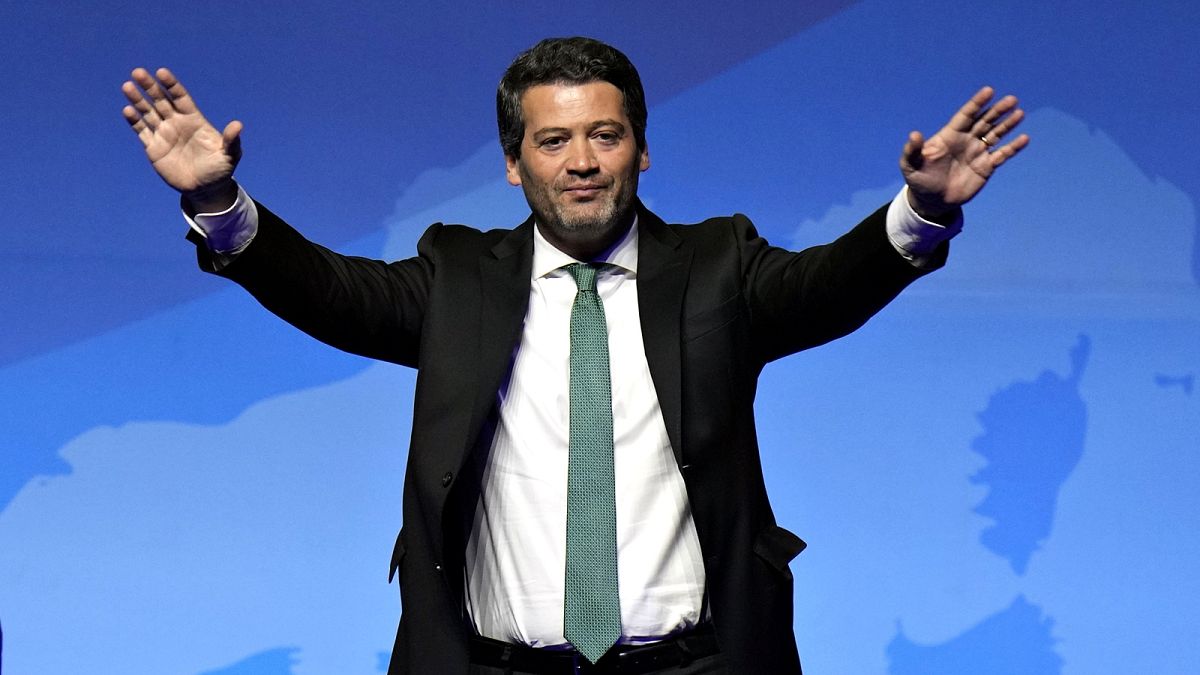The far-right, nationalist movement wants to set up a new group in the European Parliament. But it needs at least seven member states on board.
Chega, the Portuguese far-right party, has joined “Patriots for Europe,” the new nationalist alliance launched by Hungarian Prime Minister Viktor Orbán.
“Chega’s president announced their intent to be part of this sovereignist coalition,” Orbán’s spokesperson said on Monday, announcing the news.
Prior to the confirmation, Chega’s André Ventura had described the foundation of the movement as a “historic opportunity” to build a political “alternative” and unite the right.
“This group is clearly against Ursula von der Leyen and António Costa,” Ventura said, referring to Orbán’s negative vote during last week’s deal on the EU top jobs.
Following days of speculation, the formation of “Patriots for Europe” was announced on Sunday by the Hungarian leader, flanked by Andrej Babiš, the former prime minister of Czechia, and Herbert Kickl, the leader of Austria’s far-right Freedom Party (FPÖ).
“What Europeans want is three things: peace, order and development,” Orbán said at the presentation in Vienna. “And what they are getting from the elite in Brussels today is war, migration and stagnation.”
The alliance intends to maximise its influence by setting up a new group in the European Parliament. But this requires a minimum of 23 MEPs from at least seven member states.
Until Monday, they had Hungary’s Fidesz-KDNP (11 lawmakers), Czechia’s ANO (7) and Austria’s FPÖ (6). Fidesz and ANO are currently non-attached while FPÖ sits with the far-right Identity and Democracy (ID) group, which will soon have to quit.
The addition of Chega, with two lawmakers, brings the alliance one step closer to meeting the seven-country requirement. Together, the four encompass 26 MEPs.
The parties share a deep aversion to the Green Deal, von der Leyen’s flagship initiative to achieve climate neutrality by 2050, and the New Pact on Migration and Asylum, a vast reform that envisions rules for all 27 member states to manage irregular arrivals.
Crucially, they are opposed to providing Ukraine with military equipment, question the efficiency of Western sanctions against Russia, and want to maintain close relations with Vladimir Putin’s government. They also challenge the project of European integration and the authority granted to the supranational institutions in Brussels and Luxembourg.
More members are expected to join “Patriots for Europe” in the lead-up to the first plenary session on 16 July. Alternative for Germany (AfD) seems like a fitting candidate, as it was expelled from the ID group in May and lacks a political family.

